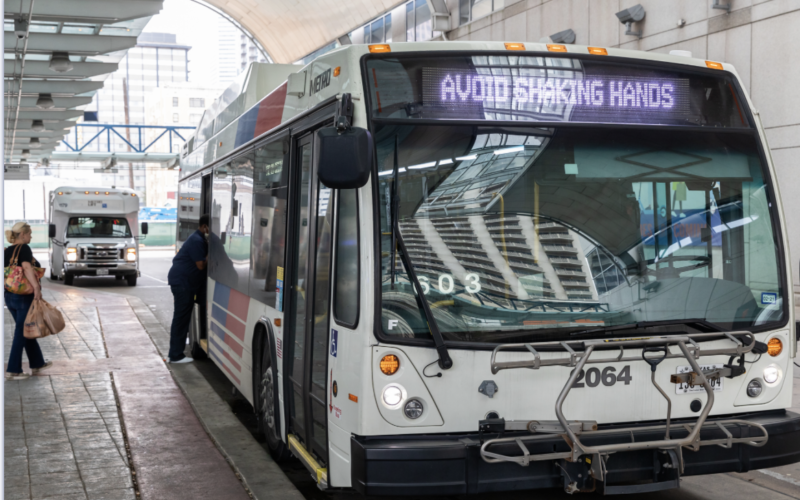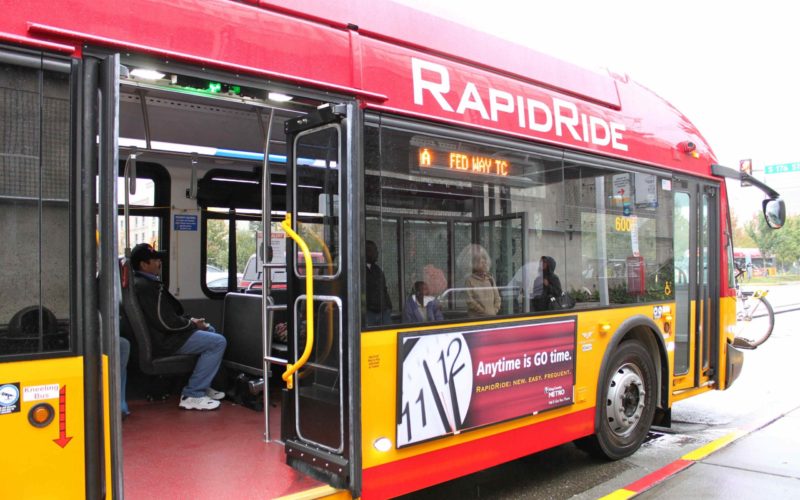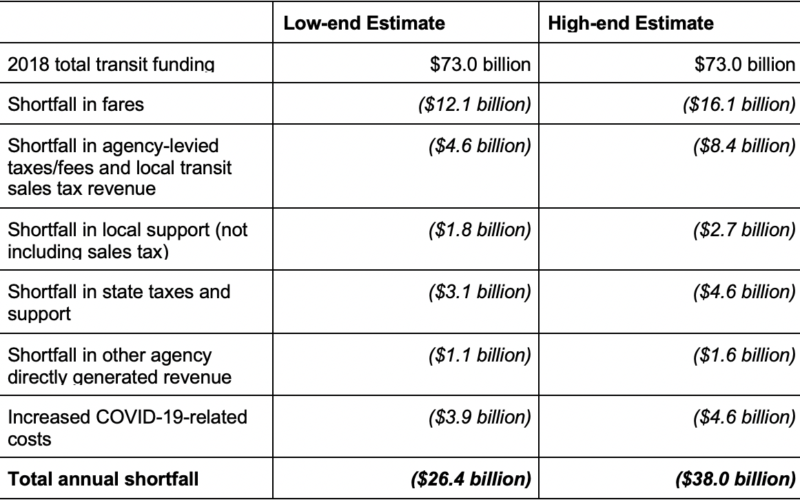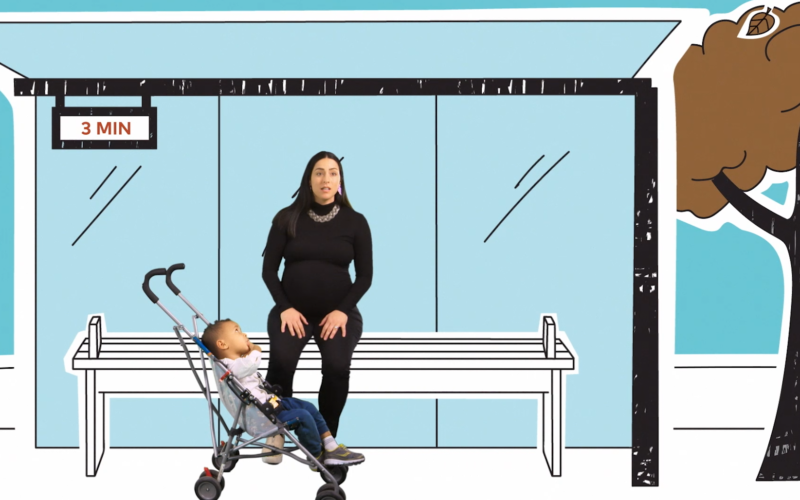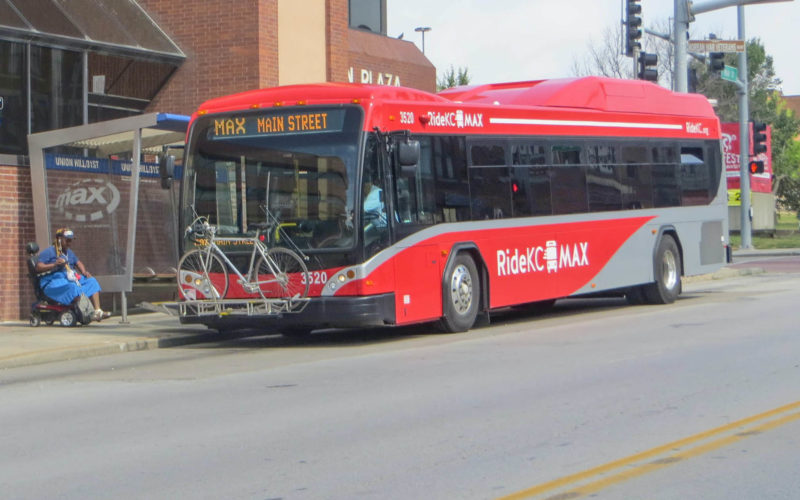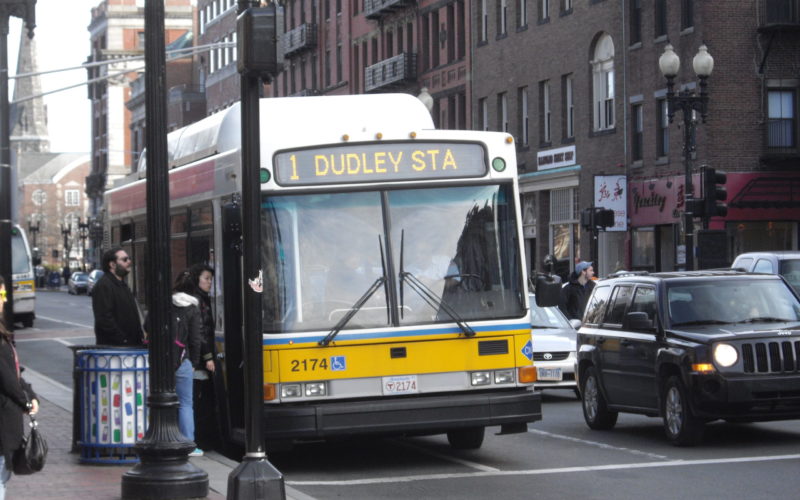Bus and train operators, maintenance workers, crews disinfecting vehicles, and the entire transit workforce are bravely moving millions of essential workers in the United States. Transit agencies and government officials handling the pandemic response must ensure that proper measures are in place to protect transit workers.
Read MoreAs the COVID-19 pandemic changes how transit agencies around the country operate, Houston Metro has quickly emerged as a leader.
Workers classified as essential during the COVID-19 emergency account for 36 percent of total transit commuters in the United States. Service must be maintained to allow for safe spacing on buses and trains.
We estimate that, depending on the extent of social distancing measures that are required over the next year, transit agencies could see an annual shortfall of $26-$38 billion. In this summary, we provide snapshots of current impacts on local agencies and provide two scenarios outlining the potential cumulative impact on transit agencies nationwide.
Read MoreOur latest video shows how simple, affordable, and straightforward changes could make transit a safe and viable option for parents.
Read MoreWhy not go fareless while also working to improve service? The reason is that the household costs imposed by the absence of good transit service stand out as the much more pressing problem to address. Transit in most U.S. cities is so infrequent and unreliable that major service improvements must be priority number one.
Read MoreResearchers at the MBTA have developed a model to examine how spatial, service, and demographic factors affect transit ridership at the neighborhood level.
Read MoreMary is a seasoned organizer whose campaign work for affordable housing, health care access, and economic justice has influenced policy at the local, state, and national levels.
Read MoreOur new report, “Derailed,” examines how Nashville's 2018 transit referendum was weakened by rushed, insular planning that produced a transportation package out of touch with the needs and desires of Nashville residents.
Read More
